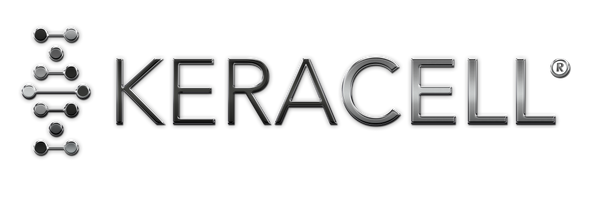What Is Conditioner and Why Should I Use It?
There’s an ongoing debate in the hair care world between those who are pro-conditioner and those who think it does nothing. The proponents of conditioner believe that it helps increase your hair’s shine, overall health, and provides protection and rejuvenation from the rigors of daily life. Its detractors, however, believe that diet, lifestyle, genetics, and stress management are the keys for perfect hair health.
Read below to find out what conditioner is, what it does, and who should use it.
What Is Conditioner?
Shampooing can leave your hair dry, stringy, and flat – and that’s not abnormal. Washing your hair removes grease, grime, pollutants, and hair care product buildup. But, in the process, it strips your hair of its natural oils.
Conditioner is a product that contains ingredients such as oils, emollients, cationic surfactants, and silicones. On their own, these ingredients don’t do much. Once they’re combined, they help restore moisture to your hair that’s stripped away during shampooing.
How Should You Use It?
You don’t want to just rub in your conditioner the way you would your shampoo. Apply it using long, fluid strokes and try to squeeze some of the excess water from your hair while doing so. Too much moisture during conditioning can diminish the product’s effects.
For regular conditioners, leave it in for about two minutes to ensure the product is able to adhere to your hair. If you use a deep conditioning product, you’ll want to leave it in even longer. Three to five minutes should suffice.
How Often Should You Condition Your Hair?
Conditioners go a long way to reducing breakage and split ends by smoothing and detangling your hair in addition to re-moisturizing it after you shampoo. As such, you should condition your hair every time you wash it.
What Type of Conditioner Should You Use?
There are several different types of conditioners on the market. They’re usually formulated for use on color-treated, curly, normal, or damaged hair. However, you probably won’t notice much of a difference between them. Of course, if you have color-treated hair, you may want to use conditioners that won’t remove the coloring.
Pay attention to what the conditioner is supposed to do for your hair. If it’s specifically formulated for moisturizing, it probably has more moisturizing ingredients in it and may not be the best choice if you have oily hair.
Your best bet is to try different formulations and types of conditioners and see which works best for you.
Are There Downsides to Conditioning?
There are some limited downsides to conditioning your hair. Some conditioners may have allergens in them that trigger an allergic reaction in your scalp. If your conditioner ever leaves you feeling uncomfortable after using it, stop right away.
Acne-prone people who don’t adequately rinse out their conditioner may notice an increase in flare-ups due to the added moisture as well as pores clogged by excess conditioner.
Finally, conditioners can weigh your hair down if you use too much. Unless you have a lot of long, thick hair, you don’t need to use a ton of conditioner. If you notice your hair being oily and flat after conditioning, try using fewer products the next time you wash.
KERACELL® Fortifying Conditioner With MHCsc™ Technology
Our fortifying conditioner is designed to complement the KERACELL® Invigorating Shampoo, and should be used every time you wash. It’s scented with natural peppermint oil and will condition and detangle your hair, leaving it healthy, luxurious, and shining.
Give the cheap drugstore conditioner a rest and try our fortifying conditioner for yourself today.
